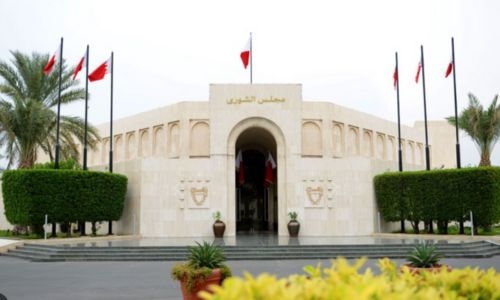Shura Council members in Bahrain have put forth a proposal to require the Labour Market Regulatory Authority (LMRA) to establish binding maximum limits on the cost of recruiting domestic workers. These limits would be determined separately for each nationality, with input from experts, to ensure fairness for employers, domestic workers, and recruitment agencies. The goal is to prevent agencies from charging exorbitant fees, which have been on the rise, putting a financial strain on employers. The current law lacks regulations on recruitment costs, leaving employers vulnerable to high fees, particularly if the worker leaves within the three-month trial period.
Under the current law, employers have obligations towards domestic workers and recruitment agencies, but there are no restrictions on the fees that agencies can charge. LMRA resolutions do not address this issue adequately, only allowing the authority to use the financial guarantee of the employment office to compensate employers for any outstanding dues or losses within the three-month trial period. The proposed law seeks to introduce specific controls on recruitment costs by setting nationality-based limits, aiming to protect employers from financial exploitation and burdens. This would create a more transparent and balanced environment for both employers and domestic workers.
The proposed legislation was put forward by Shura Council members including Abdullah bin Hassan Al Nuaimi, Ali Al-Aradi, Hisham AlQassab, Dalal Al-Zayed, and Sabika Al-Fadhala. The next steps will involve the Shura Council reviewing and discussing the proposal in the coming weeks. If approved, the law would bring much-needed regulations to the recruitment of domestic workers in Bahrain, ensuring fair pricing and preventing agencies from taking advantage of both employers and workers. By addressing the issue of recruitment costs, the proposed law aims to create a more equitable and just system for all parties involved.
The rising costs of recruiting domestic workers in Bahrain have prompted the Shura Council to take action by proposing legislation to curb excessive fees charged by recruitment agencies. By establishing binding maximum limits on recruitment costs, set separately for each nationality and developed in consultation with experts, the proposed law aims to protect employers from financial burdens while ensuring fairness for both domestic workers and agencies. The lack of regulations on recruitment costs in the current law has led to situations where agencies charge exorbitant fees, leaving employers at a disadvantage, especially if the worker leaves shortly after being hired.
With the introduction of nationality-based limits on recruitment costs, the proposed law seeks to create a more balanced and transparent environment for the recruitment of domestic workers in Bahrain. By addressing the issue of high fees charged by recruitment agencies, the legislation aims to prevent exploitation and provide clarity on the costs involved in hiring domestic workers. The proposal, put forth by several Shura Council members, is expected to undergo review and discussion in the coming weeks, potentially leading to much-needed regulations that protect both employers and domestic workers from unfair practices in the recruitment process.











